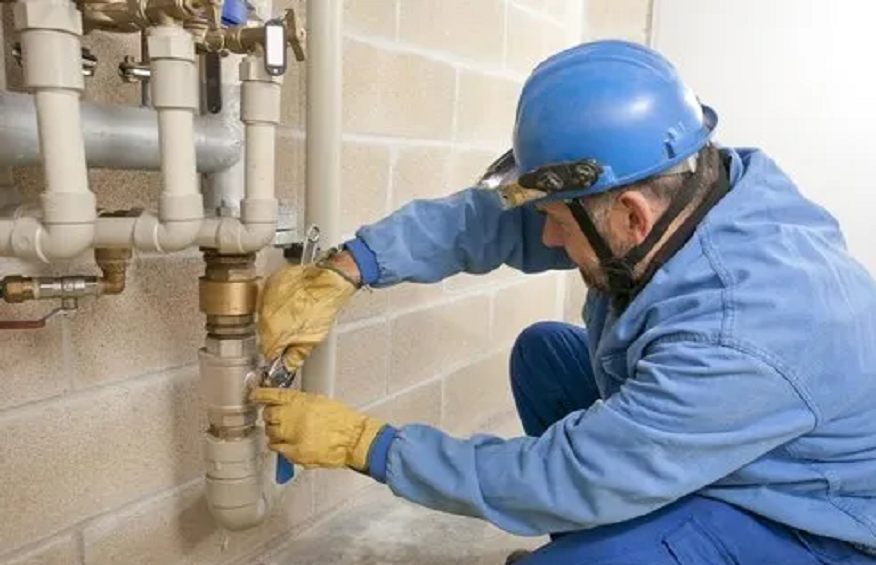When bidding for plumbing jobs, it’s essential to approach the process with thorough preparation and professionalism. By taking the time to complete certain crucial tasks beforehand, you can enhance your chances of success and ensure that you are equipped to deliver quality workmanship to your clients.
In this article, we explore five key things you must do before submitting your bid for plumbing jobs.
1. Assess your skills and capabilities
Consider your level of expertise in various areas such as pipe installation, repairs, troubleshooting, and maintenance. Identify your strengths and weaknesses to understand which types of plumbing projects you’re most comfortable with.
Determine if you have received any formal training or certifications in plumbing. Attending vocational or trade schools, apprenticeships, or obtaining relevant certifications demonstrates your commitment to the profession and enhances your credibility.
Assess your practical experience in the field. Consider the number of years you have been working as a plumber and the range of projects you have successfully completed. Plumbing tasks can vary greatly in complexity, so it’s important to have a solid foundation of practical experience.
2. Research the job requirements
Thoroughly understand the project requirements before bidding. Review the job description, specifications, blueprints, or any other relevant documents provided by the client. Identify the scope of work, materials needed, and any special considerations. This information will help you estimate the project accurately.
3. Estimate the cost and time
Develop a detailed and accurate cost estimate for the plumbing job. Consider factors such as labor, materials, equipment rentals, permits, and any subcontractors or additional help you may need. Break down the estimate into specific line items to provide transparency to the client.
Consider the time required for each task based on your expertise and experience. Account for factors like site preparation, material procurement, installation, testing, and cleanup. Consult historical data from similar projects to determine the average time required for each task.
4. Conduct a site visit or assessment
Whenever possible, visit the project site to assess the conditions firsthand. This will allow you to identify any potential obstacles or complications that may impact your plumbing bids. Take measurements, evaluate the existing plumbing system (if applicable), and ask any relevant questions to the client. A site visit helps you provide a more accurate estimate and demonstrates your professionalism to the client.
5. Check local regulations and permits
Familiarize yourself with the plumbing regulations specific to your area. Plumbing codes and regulations can vary between cities, states, or countries, so it’s essential to understand the requirements governing plumbing work in your region.
Determine which organization or department oversees plumbing regulations in your locality. It may be a local building department, a plumbing licensing board, or a similar regulatory body. Find their contact information and reach out to them if you have any questions or need clarifications.
Submit the necessary permit applications to the appropriate regulatory authority. Follow their guidelines and procedures for submitting applications, paying fees, and providing any additional documentation. Be prepared for potential inspections or reviews of your project plans before the permit is issued.
By approaching the bidding process with professionalism and attention to detail, you increase your chances of winning plumbing jobs and delivering quality workmanship to your clients. Remember, thorough preparation and clear communication are key to building a successful plumbing business.

